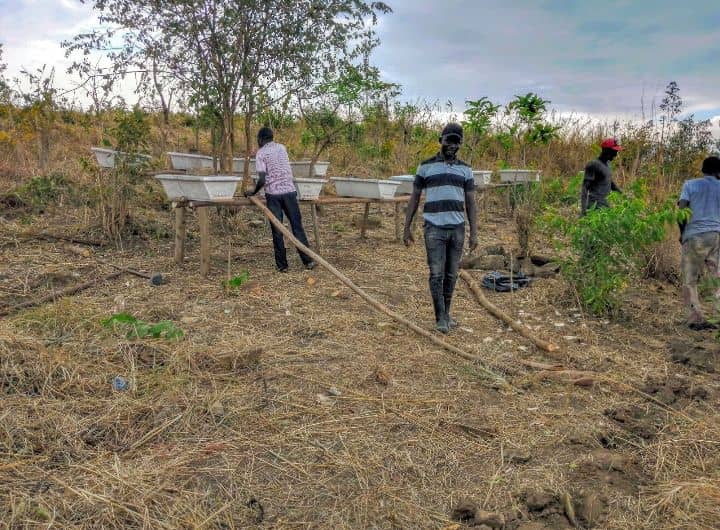
Integrated Farming: A Holistic Approach to Sustainable Agriculture
Agriculture faces multiple challenges, including food insecurity, climate change, and environmental degradation. Traditional farming methods often rely on chemical inputs and monoculture systems that can exhaust the land and harm ecosystems. To address these issues, integrated farming has emerged as a holistic solution that combines various sustainable agricultural practices into one comprehensive system.
Integrated farming is a method that involves combining different agricultural activities, such as crop production, livestock rearing, and beekeeping, to create a diverse and resilient farming ecosystem. This approach not only enhances food security but also promotes environmental sustainability, providing farmers with multiple streams of income while protecting natural resources.
One notable example of integrated farming is the combination of agroecology and beekeeping. By applying agroecological principles, farmers can cultivate diverse crops using organic methods, reducing the need for synthetic fertilizers and pesticides. Beekeeping, on the other hand, supports pollination, which is essential for the growth of many crops. Additionally, honey production offers a valuable source of income that can supplement farming activities.
In recent training programs in Nebbi, community members have seen firsthand how integrated farming practices can transform their livelihoods. Beekeeping trainees are now producing honey, which not only provides a steady source of income but also plays a vital role in maintaining local biodiversity. Meanwhile, farmers who received refresher courses in agroecology are improving their kitchen gardens, growing a variety of vegetables and herbs that nourish their families and generate income from local markets.
These practices contribute to healthier ecosystems by promoting soil regeneration, reducing water consumption, and increasing biodiversity. By adopting integrated farming, farmers can also mitigate the impacts of climate change, as diversified agricultural systems are more resilient to extreme weather conditions.
Conclusively, as we encourage the adoption of agroecology and beekeeping, it is possible to create farming systems that support food security, economic independence, and environmental conservation.
